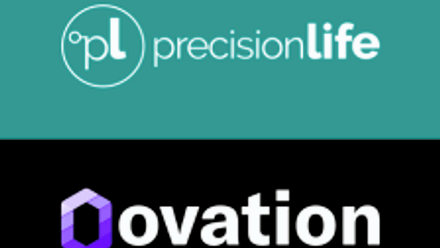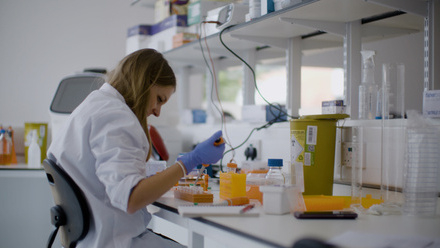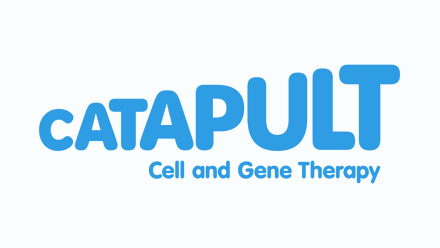Milner Therapeutics Symposium showcases innovation in translational science
On 30 June, the Milner Therapeutics Institute hosted its annual Symposium – a hybrid event welcoming approximately 500 in-person delegates and 250+ online attendees. Hosted at West Road Concert Hall in Cambridge, UK, the Symposium brings together leading minds from academia and industry to showcase cutting-edge research and its translation into novel therapeutics.
The 2025 Symposium was supported by industry sponsors, including Nuclera, Selvita, Pelago Bioscience, Collaborative Drug Discovery (CDD), VectorBuilder, and BioMed Realty. Their contributions helped facilitate a day that was rich in scientific discussion, cutting-edge science, and new connections.
The day featured an exceptional line-up of speakers, with talks spanning drug discovery, chemical innovation, polyintelligence translational strategy, and neurotherapeutics – each offering fresh perspectives on the future of human health.
Dame Ijeoma Uchegbu opened the day with a compelling talk on the fundamental challenges in drug development. She highlighted the cost, complexity, and high failure rate of current approaches, emphasizing that fewer than 0.02% of therapeutic concepts make it to market. Her work seeks to address these barriers by developing smarter drug delivery systems that reduce side effects and improve efficacy. Next, Sir Shankar Balasubramanian detailed his research uncovering the genomic location and physiological significance of G-quadruplex DNA in gene expression, and the new technologies developed in his lab to enable this.
The session’s focus turned to neuroscience with talks from Professor Mina Ryten and Dr Simon Lovestone. Mina shared how improved transcriptomic maps are providing new insights into variant-to-function, and disease causation versus progression for Alzheimer’s disease. Simon highlighted the importance of precision medicine in targeting different categories of neurodegenerative disease, given the inability to predict disease pathology accurately from current categories, and the importance of new initiatives such as the UK Biobank Pharma Proteomics project and Global Neurodegeneration Proteomics Consortium.
In the second session, Dr Sam Barrell, CEO of LifeArc, drew upon LifeArc’s experience in forging strategic alliances, exploring the need for a more deliberate and interconnected private-public partnerships to drive translational success and overcome systemic bottlenecks, particularly focusing on resistant infections and rare disease.
Dr Jim Glasheen, CEO of Cambridge Enterprise, challenged the community to rethink how scientific innovation is nurtured and commercialized, drawing upon his personal experience of success and failure in building life science companies.
The talks concluded with an inspiring presentation by Noubar Afeyan, Founder and CEO of Flagship Pioneering. In a powerful vision of how science will shape the future, he discussed how human, nature and machine intelligence intersect to create ‘polyintelligence’. He encouraged the audience to consider how scientists might collectively shape a future where scientific super intelligence becomes a generative force for human and planetary health.
The organisers would like to thank everyone who contributed to making the 2025 Symposium a success.





